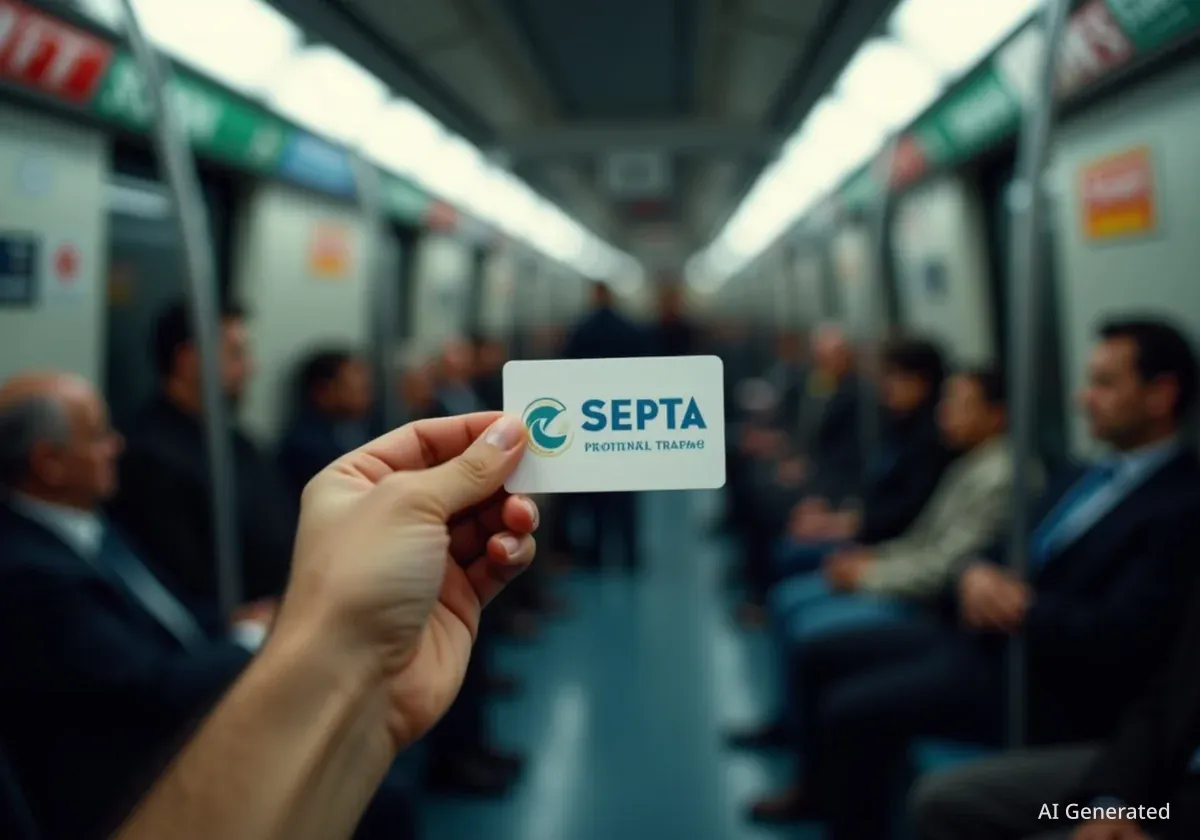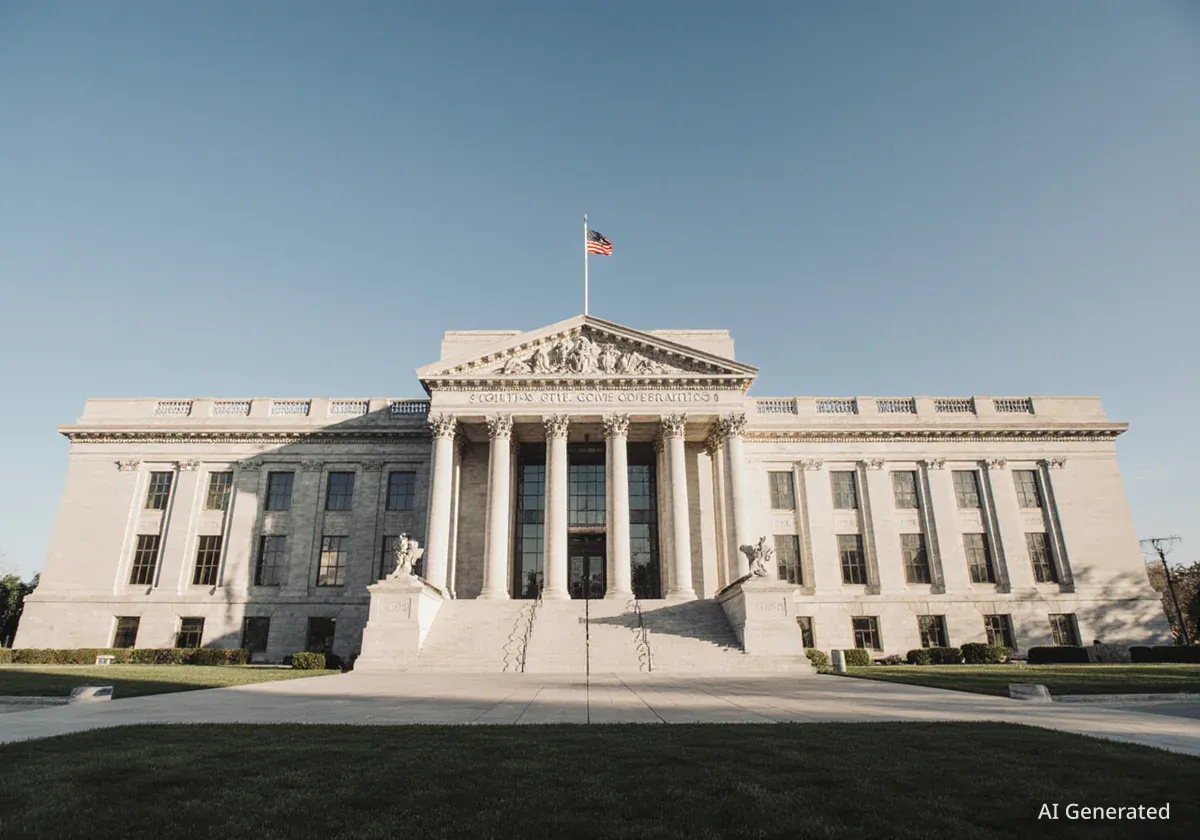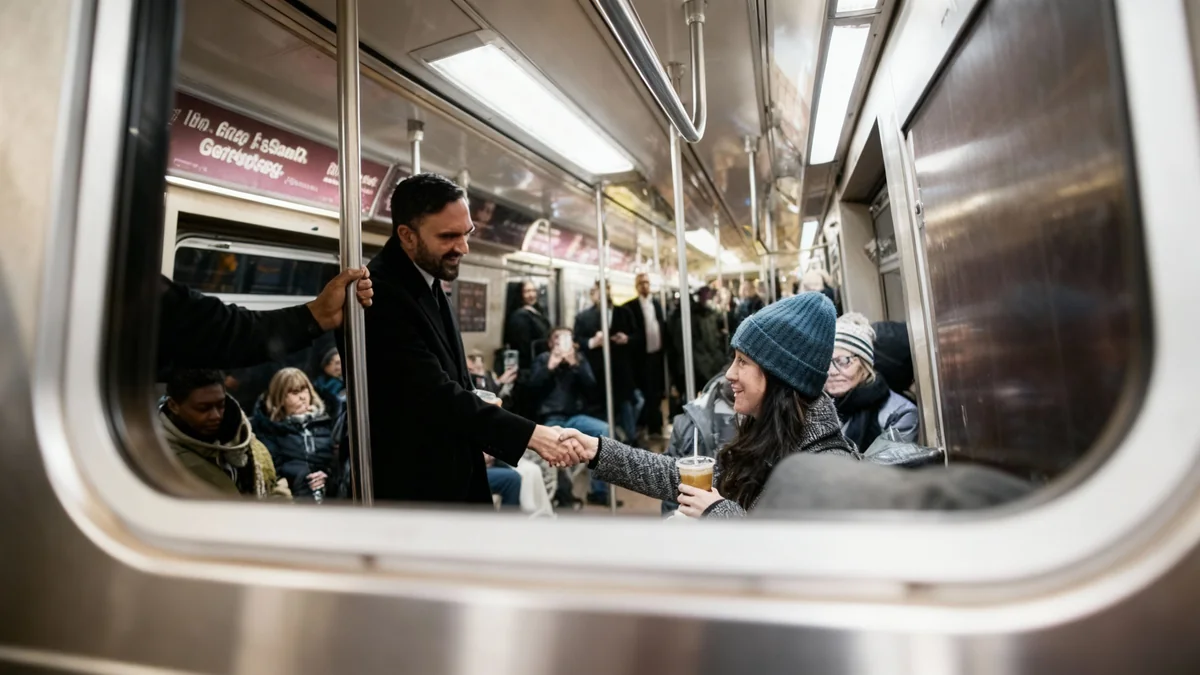The Southeastern Pennsylvania Transportation Authority (SEPTA) is facing a new legal challenge over its recent fare increase. Philadelphia attorney George Bochetto, who previously sued the agency to restore service cuts, has announced his intention to file another lawsuit. This new action seeks to reverse the fare hikes and secure refunds for riders.
Key Takeaways
- Attorney George Bochetto plans to file a new lawsuit against SEPTA to reverse recent fare increases.
- The lawsuit will argue that the 21.5% fare hike was implemented without a required public hearing for a permanent change.
- This follows a previous successful lawsuit by Bochetto that forced SEPTA to restore service cuts in September.
- Bochetto alleges SEPTA is using riders to pressure state lawmakers for funding while holding a substantial reserve fund.
Background of the Fare Increase
In mid-September, SEPTA implemented a 21.5% fare increase across its services. This change raised the cost of a typical bus or subway ride from $2.50 to $2.90. The increase went into effect on September 14, following a period of significant financial uncertainty for the transit agency.
The fare adjustment was part of SEPTA's response to a projected $213 million budget deficit. Earlier, in late August, the agency had begun reducing routes on buses, trolleys, and subway lines to manage the shortfall after state lawmakers did not secure necessary funding.
First Legal Battle Forced Service Restoration
The current dispute follows a previous legal action initiated by Bochetto in late August. He filed a lawsuit on behalf of three Philadelphia residents, accusing SEPTA of using service cuts as leverage to secure state funding.
The initial lawsuit claimed that SEPTA was using the "safety and economic well-being of an entire region... as pawns." It also argued that the agency possessed sufficient funds in a stabilization account to avoid the service reductions. A judge ruled in favor of the lawsuit, ordering SEPTA to halt its planned cuts, including those for Regional Rail, and restore all services.
Timeline of Events
- Late August: SEPTA begins reducing service on multiple routes due to a budget deficit.
- Late August: Attorney George Bochetto files the first lawsuit to stop the cuts.
- Early September: A judge orders SEPTA to restore full service.
- September 14: SEPTA restores all routes but implements a 21.5% fare increase.
- Late September: Bochetto announces plans for a second lawsuit to challenge the fare hike.
To comply with the court order, SEPTA accessed state capital assistance funding to cover its operational costs. However, while service was restored, the planned fare increases proceeded as scheduled.
Allegations in the New Lawsuit
Bochetto's planned second lawsuit centers on the legality of the fare hike itself. He contends that SEPTA failed to follow the proper legal procedure for implementing a permanent fare change.
"If there was an emergency situation, they are allowed to take temporary action," Bochetto stated. "But this fare increase is not a temporary action. This is permanent. And if you’re going to take permanent action, the statute says you need to have a legitimate public hearing."
The attorney argues that the process used by SEPTA did not meet the legal standard for a public hearing required for a permanent fare adjustment. He claims the agency is violating the statute that governs such changes.
Financial Claims and Motivations
A central claim in Bochetto's argument is that SEPTA has adequate financial reserves and that the fare increase is unnecessary. He asserts that the agency is currently holding a reserve fund of approximately $300 million.
According to Bochetto, this reserve could easily cover the estimated $30 million that the fare increase is expected to generate. He accuses the agency of implementing the hike as a tactic to influence state legislators in Harrisburg.
"They want to punish riders to put pressure on Harrisburg and it’s outrageous," Bochetto said, summarizing his view of the agency's motives.
SEPTA Fare Hike by the Numbers
- Percentage Increase: 21.5%
- Base Fare Change: From $2.50 to $2.90
- Alleged Reserve Fund: $300 million
- Projected Revenue from Hike: $30 million
Legal Outlook and SEPTA's Position
Bochetto indicated he plans to file the new lawsuit within a week, but he cautioned that a final decision could take several months. The legal outcome remains uncertain and will likely depend on a judge's interpretation of state statutes regarding public transit authorities.
Nikole Dagessian, a civil litigation lawyer not involved in the case, commented on its potential. "I would say absolutely, because ultimately it would be up to a judge to decide," she explained. "There are factual issues as well. Does SEPTA have enough money to keep it running?"
The central legal questions will likely be whether the fare increase constitutes a "permanent action" and if SEPTA's public consultation process fulfilled its statutory obligations. The court may also examine the agency's financial status, including the purpose and accessibility of its reserve funds.
When asked for a comment on the impending lawsuit and Bochetto's allegations, a representative for SEPTA stated that the agency had no comment at this time. The situation leaves thousands of daily riders waiting to see if they will receive fare relief through the courts.





